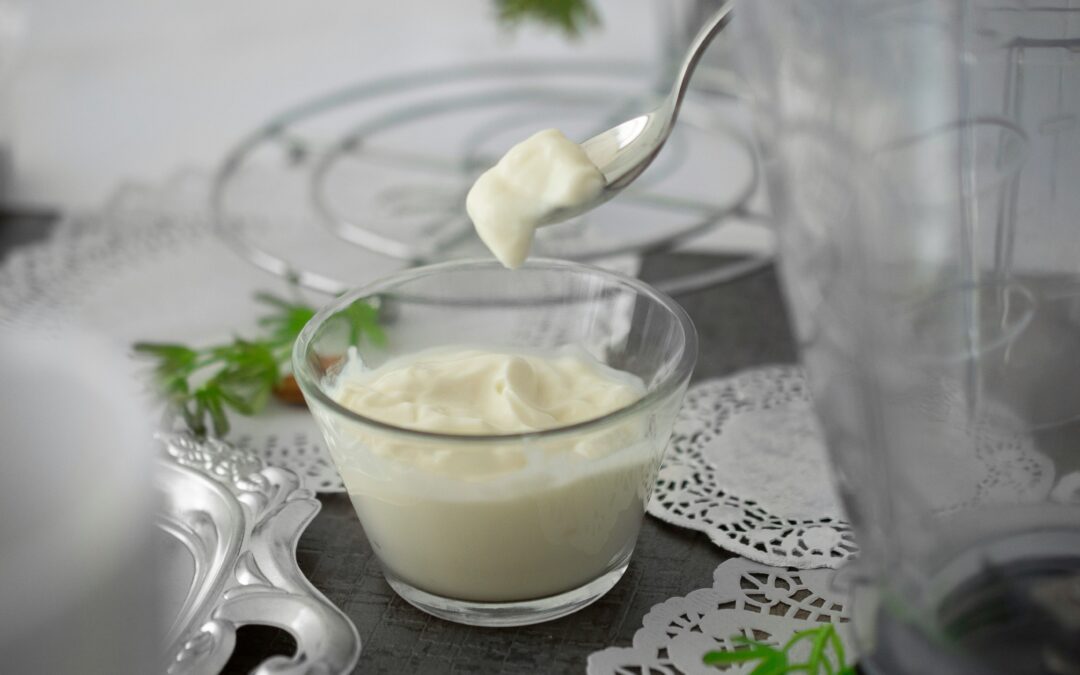Are you struggling with lactose intolerance? The thought of indulging in yogurt can be concerning. Is it a forbidden pleasure or a manageable delight? And can you eat yogurt if you are lactose intolerant? In this article, we’ll explore the unique fermentation process that transforms milk into yogurt.
We give insights into the types of yogurt, fermentation durations, and practical tips to consume yogurt when you’re lactose intolerant. We also discuss how yogurt may or may not fit into a lactose-sensitive diet. In the end, this article aims to empower you to make informed choices. So you can savor the goodness of yogurt without compromising your digestive well-being.
But first, let’s look at a few basics
What is Lactose?
In layman’s language, lactose is the sugar within dairy products. Scientifically, lactose is obtained by evaporating whey. Whey is the resulting liquid after the removal of fat and casein precipitation in milk. The sugar is represented with the formula C12H22O11. When dried, it forms hard crystals with a gritty texture. In terms of taste, lactose is not as sweet as sucrose.
But who needs the extracted lactose?
Well, lactose is important in young mammals and you will find it added to baby foods. It is also added to some pharmaceutical tablets and confections. Remember, most of these infants produce plenty of lactase enzymes to digest this sugar. However, a few minorities suffer lactose intolerance from birth.
What is Lactose Intolerance?
Lactose intolerance is a common condition experienced by many people when they eat foods that contain lactose such as milk and other dairy products. This also includes processed foods such as ice cream, milk chocolate, some breakfast cereals, and baked goods.
We define lactose intolerance as the inability of your body to digest milk sugar (lactose) due to inefficiency in producing lactase enzyme. More on this discussion shortly.
The symptoms include bloating or gassiness, diarrhea, crampyness, nausea, and in severe cases fevers. These symptoms manifest between half an hour to an hour after consumption of foods with lactose.
Why Do Some People React to Dairy Products While Others Don’t?
Good question.
Lactose requires a special enzyme called lactase to digest it in humans. For some people (the lactose intolerant group), their small intestines do not produce enough lactase. As a result, most of the milk sugar remains indigested and consequently brings about painful symptoms.
Is there hope for the lactose intolerant?
Absolutely.
That brings us to the main question.
Can You Eat Yogurt If You Are Lactose Intolerant?
Yes, you can, especially if consuming homemade yogurt. See, yogurt is a product of fermented milk. And when milk is fermented, it is the sugar component, lactose, that breaks down. More on this shortly. That’s why most people can comfortably consume fermented milk products such as cheese and homemade yogurt.
Sadly, most store-bought yogurts have added milk powder to thicken them and improve their consistency. This, of course, means there’s milk present and consequently a significant amount of lactose present. This makes commercially produced yogurt unsuitable for lactose-intolerant people.
For this reason, if you’re lactose intolerant and still want to indulge in this creamy delicacy, learn to make your yogurt at home by enrolling in our yogurt masterclass today.
How Does Yogurt Become Lactose Free?
The production of yogurt starts by introducing a strain of bacteria to fresh milk at a controlled temperature. These bacteria, Lactobacillus bulgaricus, and Streptococcus thermophiles, then feed on the sugar (lactose) over a few hours. Typically, 6 to 8 hours. They convert milk into lactic acid which makes the milk curd
By the way, can you eat Greek yogurt if you are lactose intolerant? What do you think?
The bottom Line
Homemade yogurt is very good for lactose-intolerant people. Furthermore, good-quality yogurt is a rich source of calcium and protein. The fermentation helps our bodies absorb these nutrients better. Other health benefits of consuming homemade yogurt include the reduction of yeast infections. Immunity boosting and reducing the risk of colon cancer.

